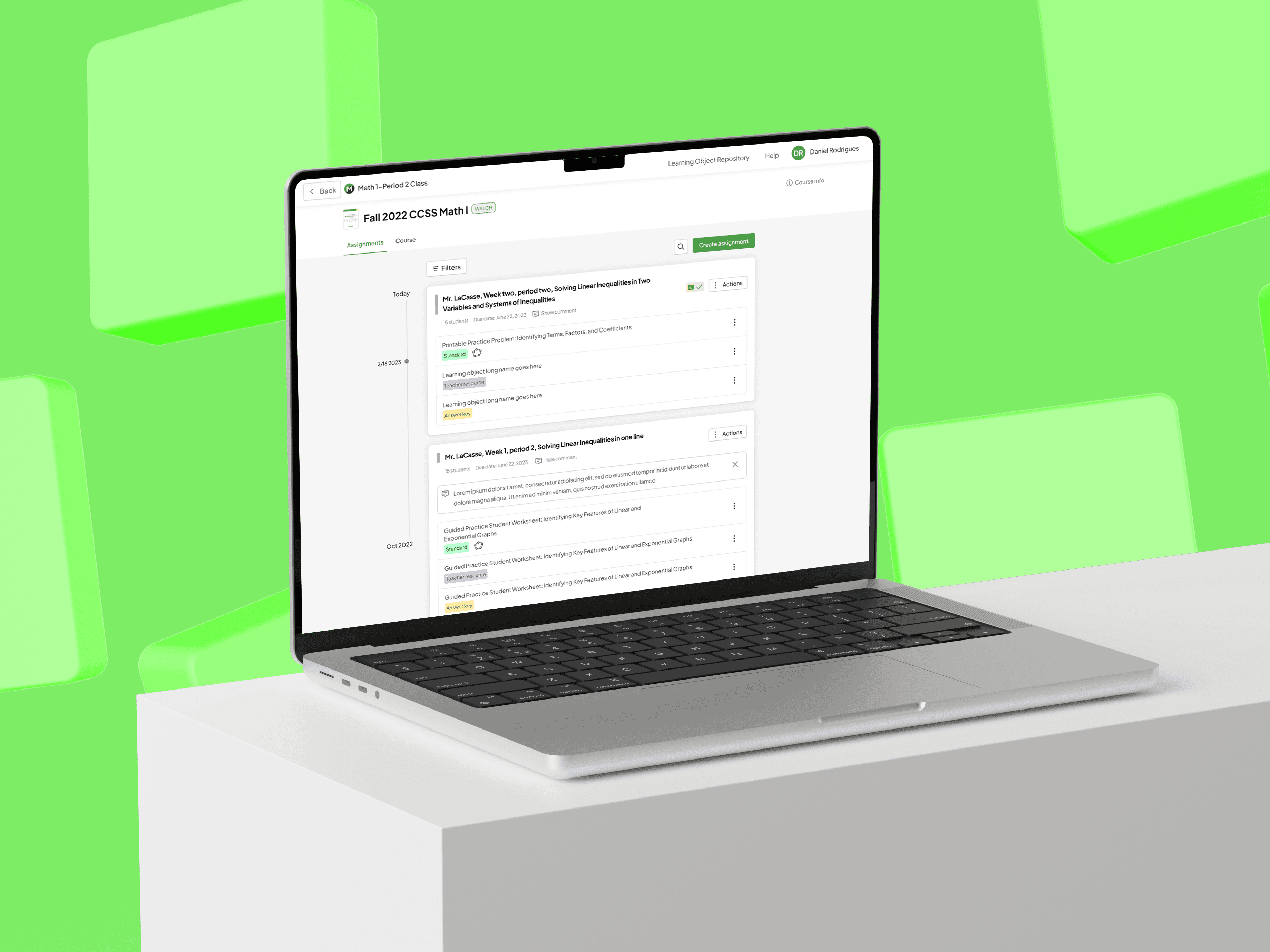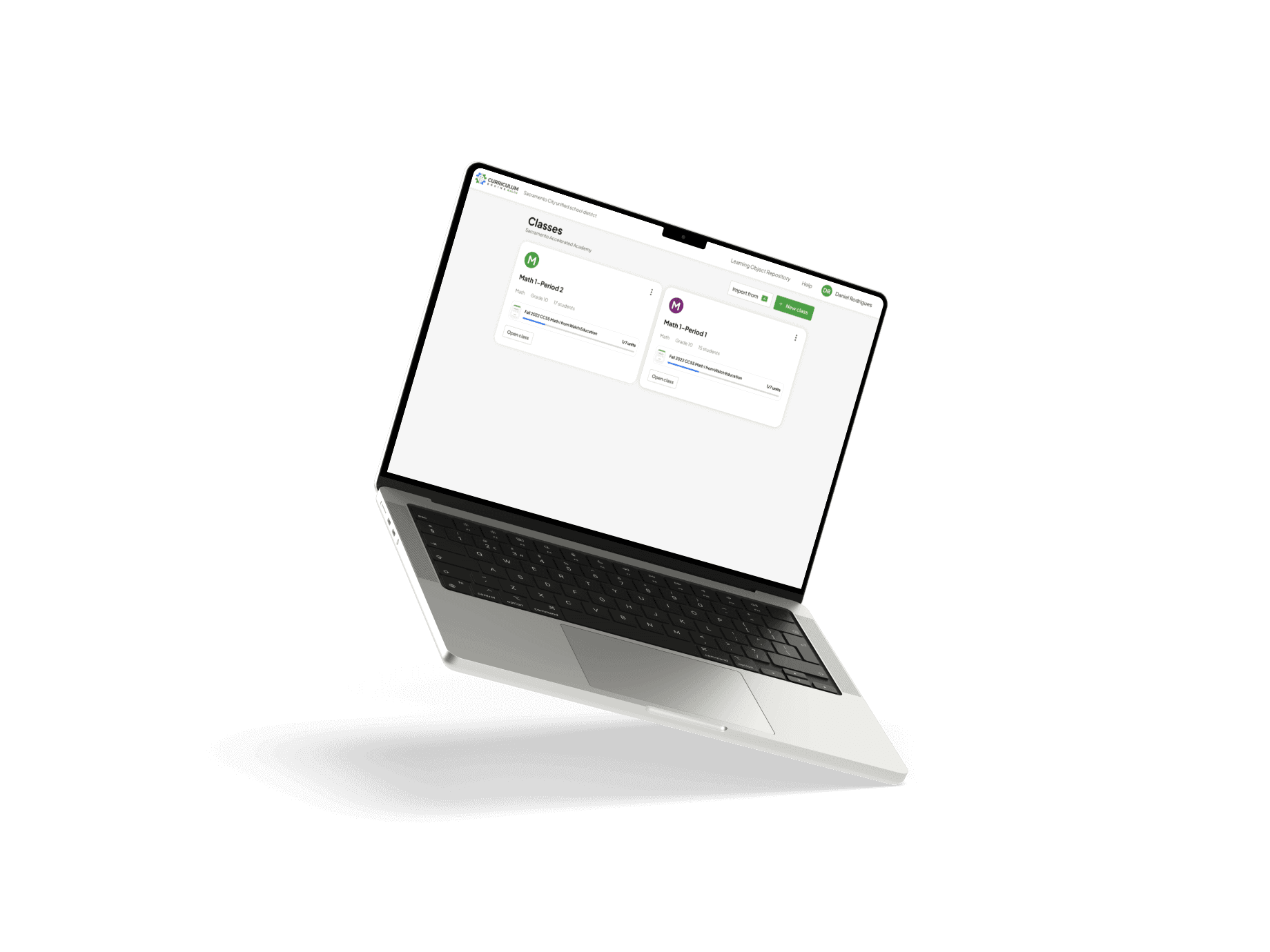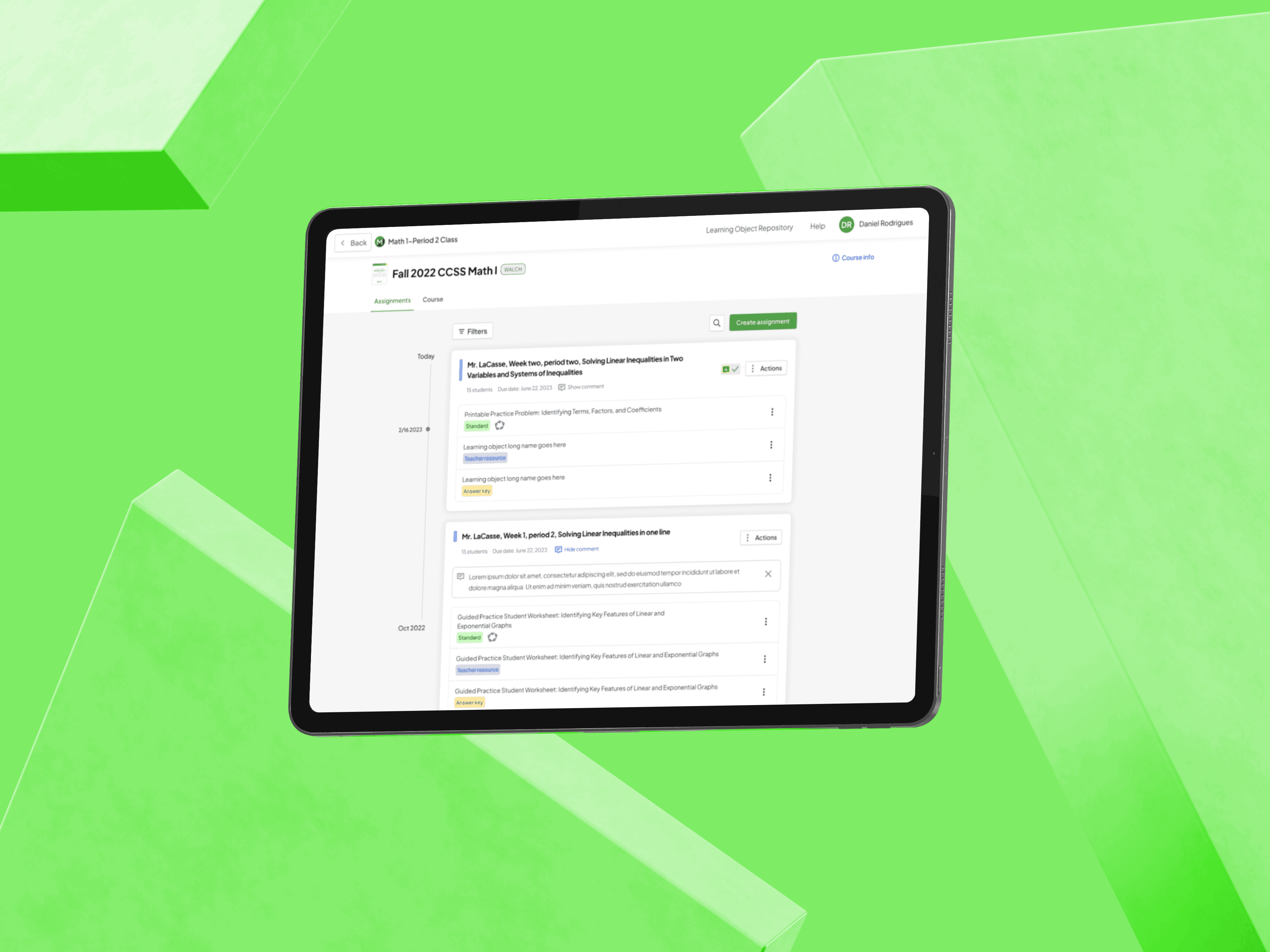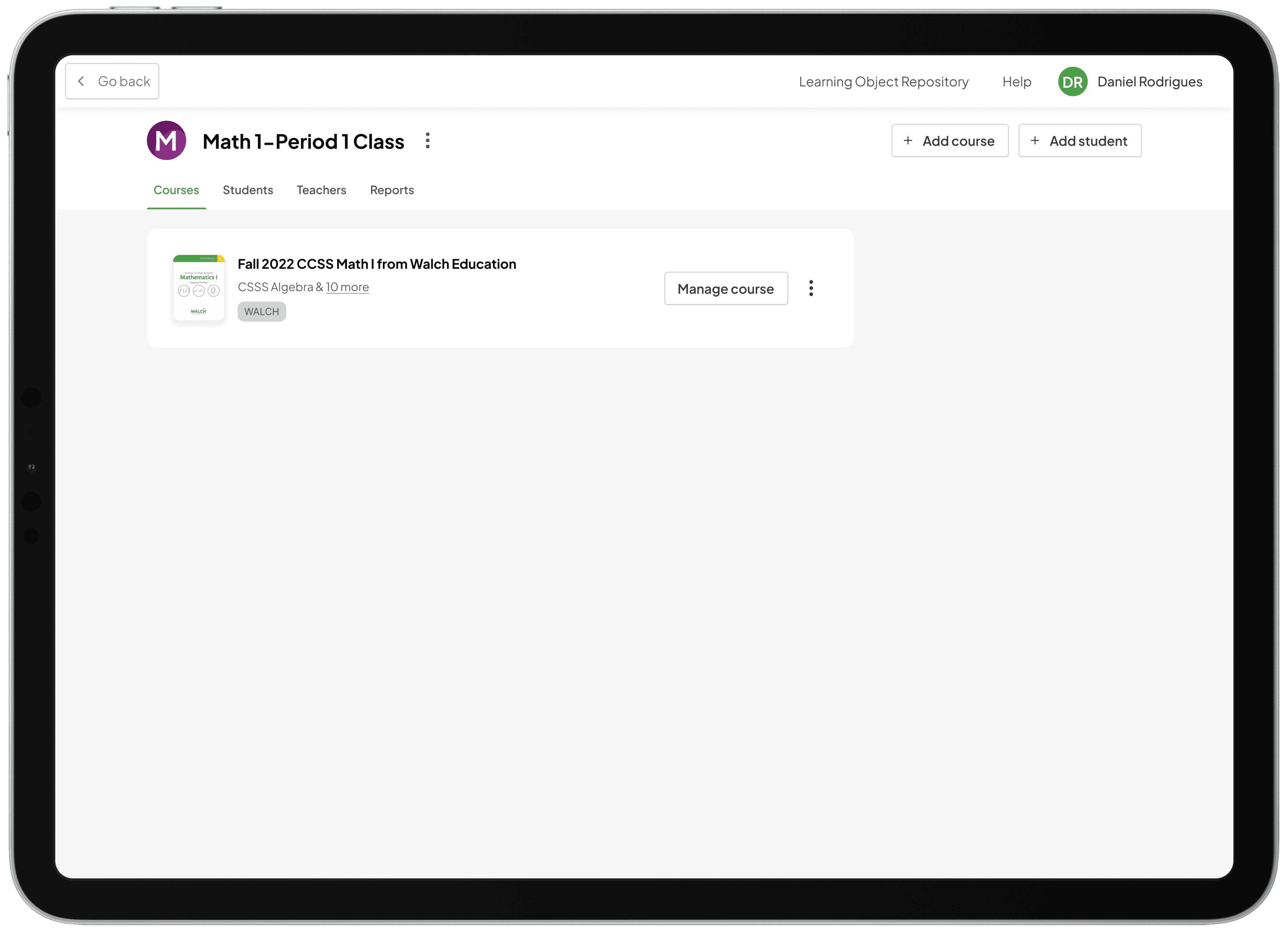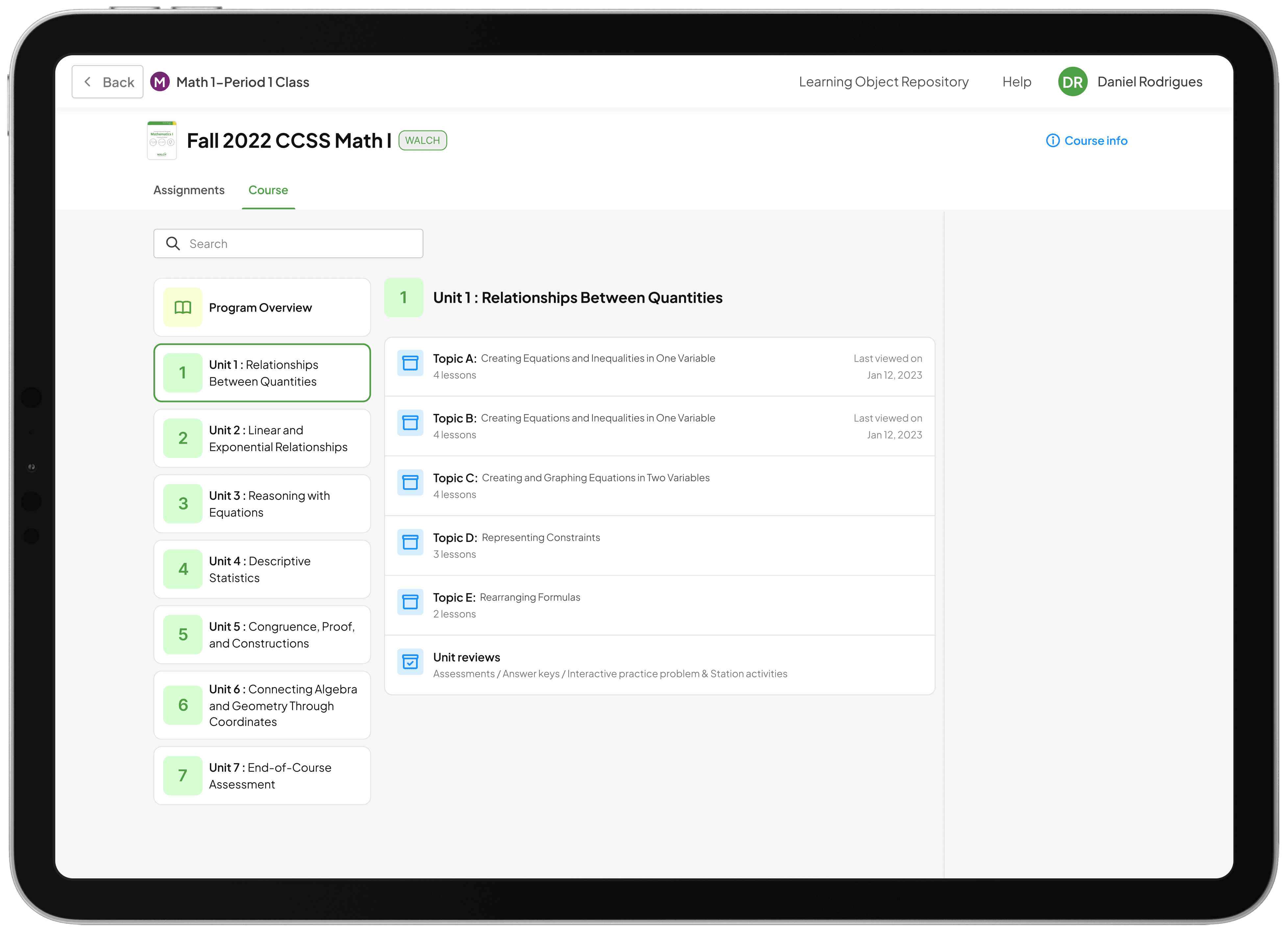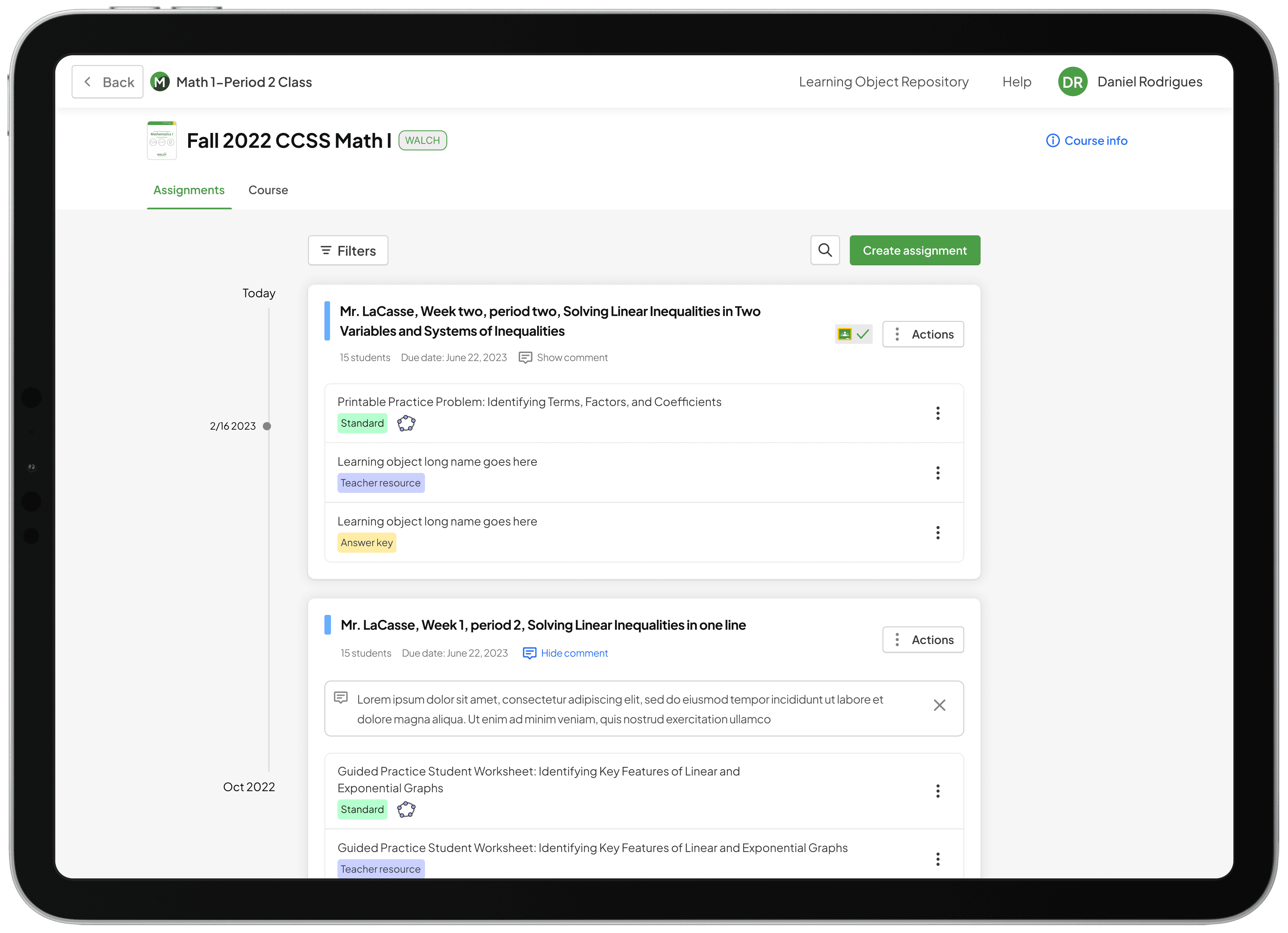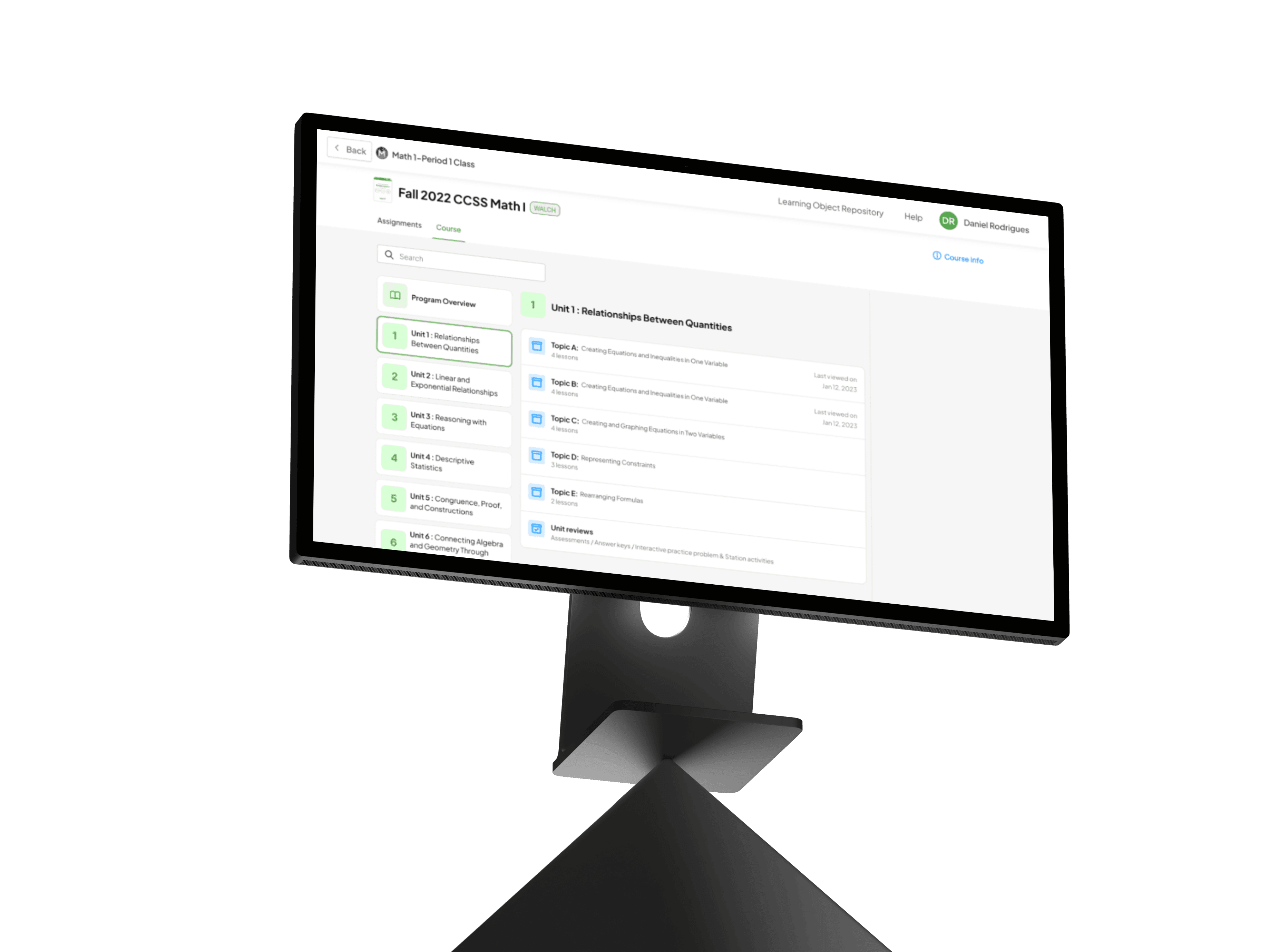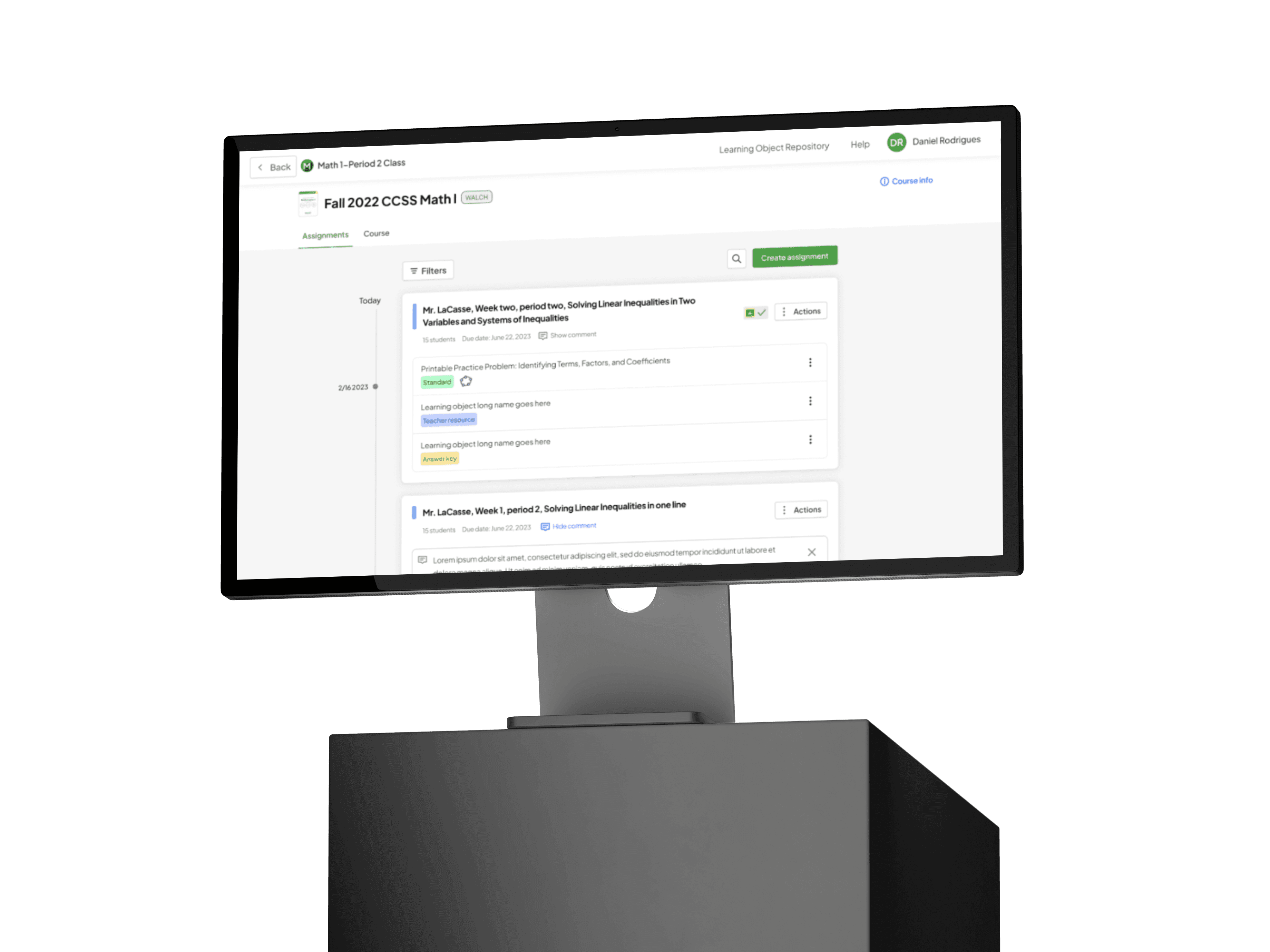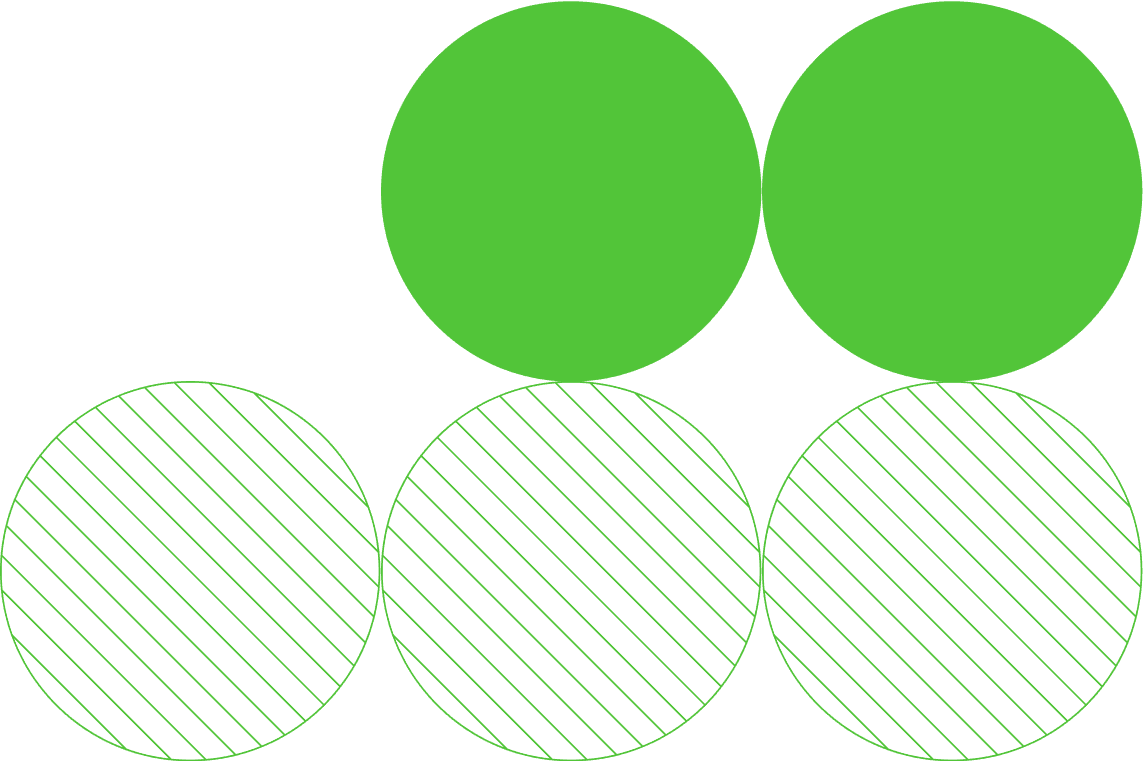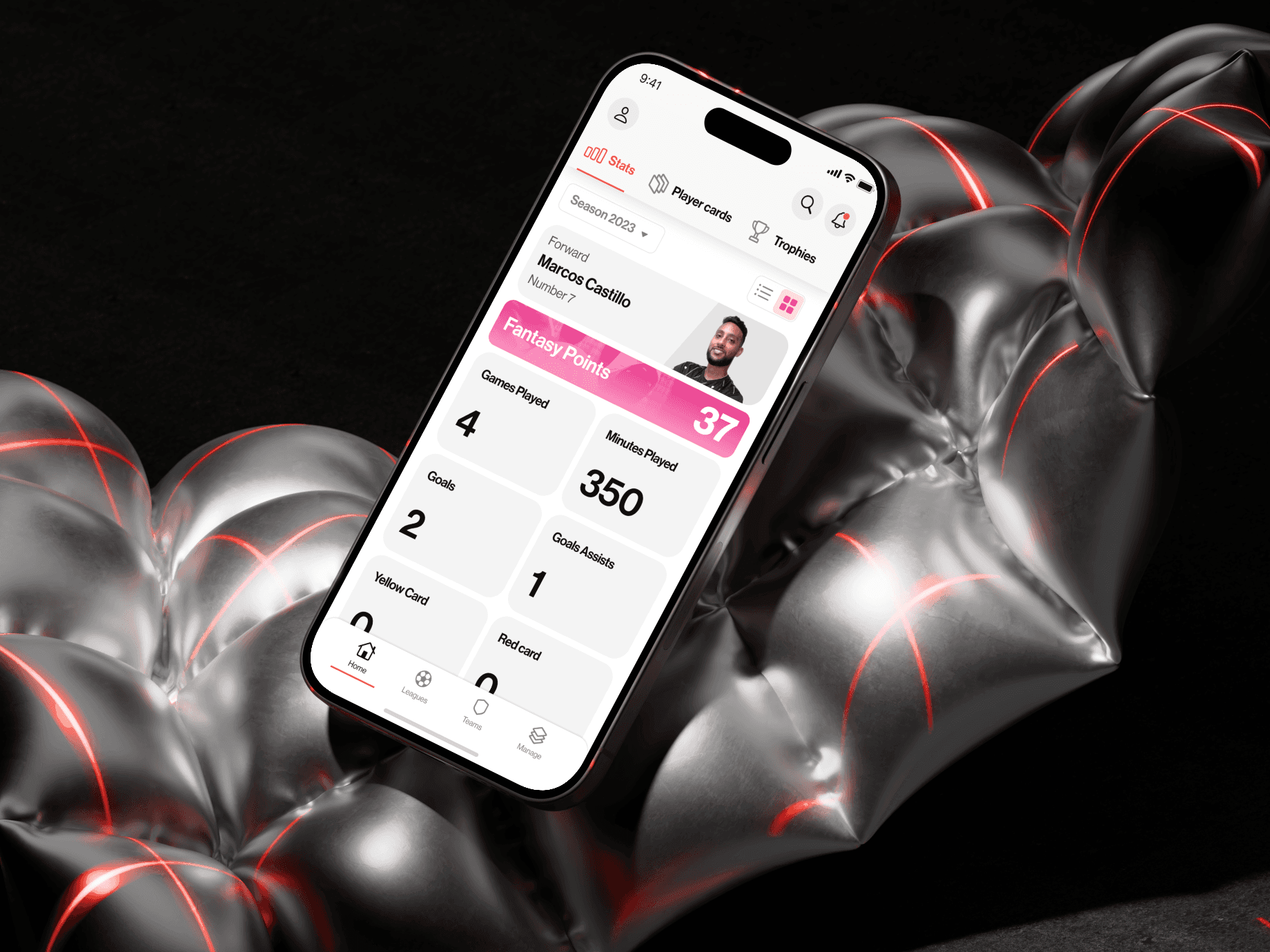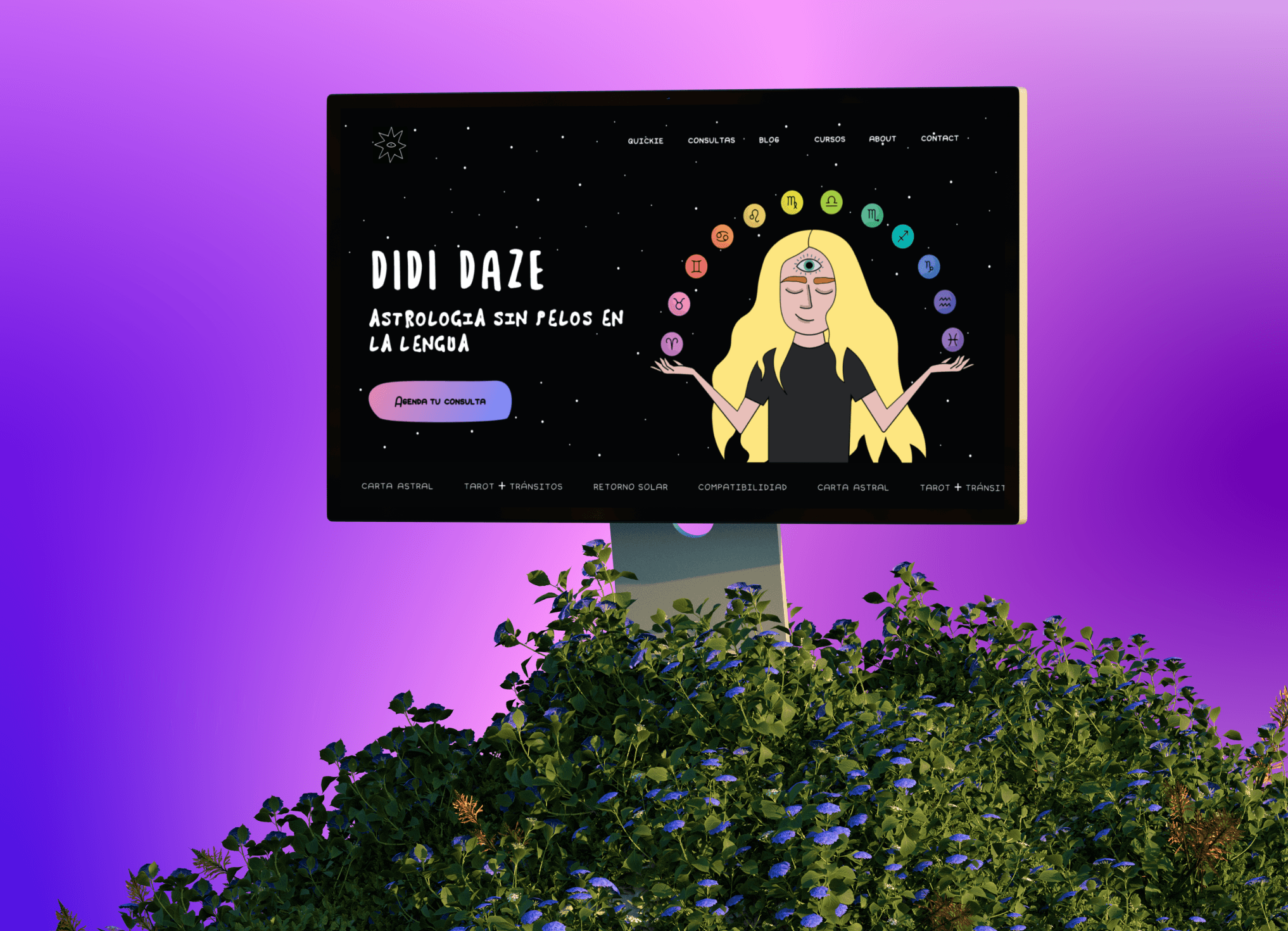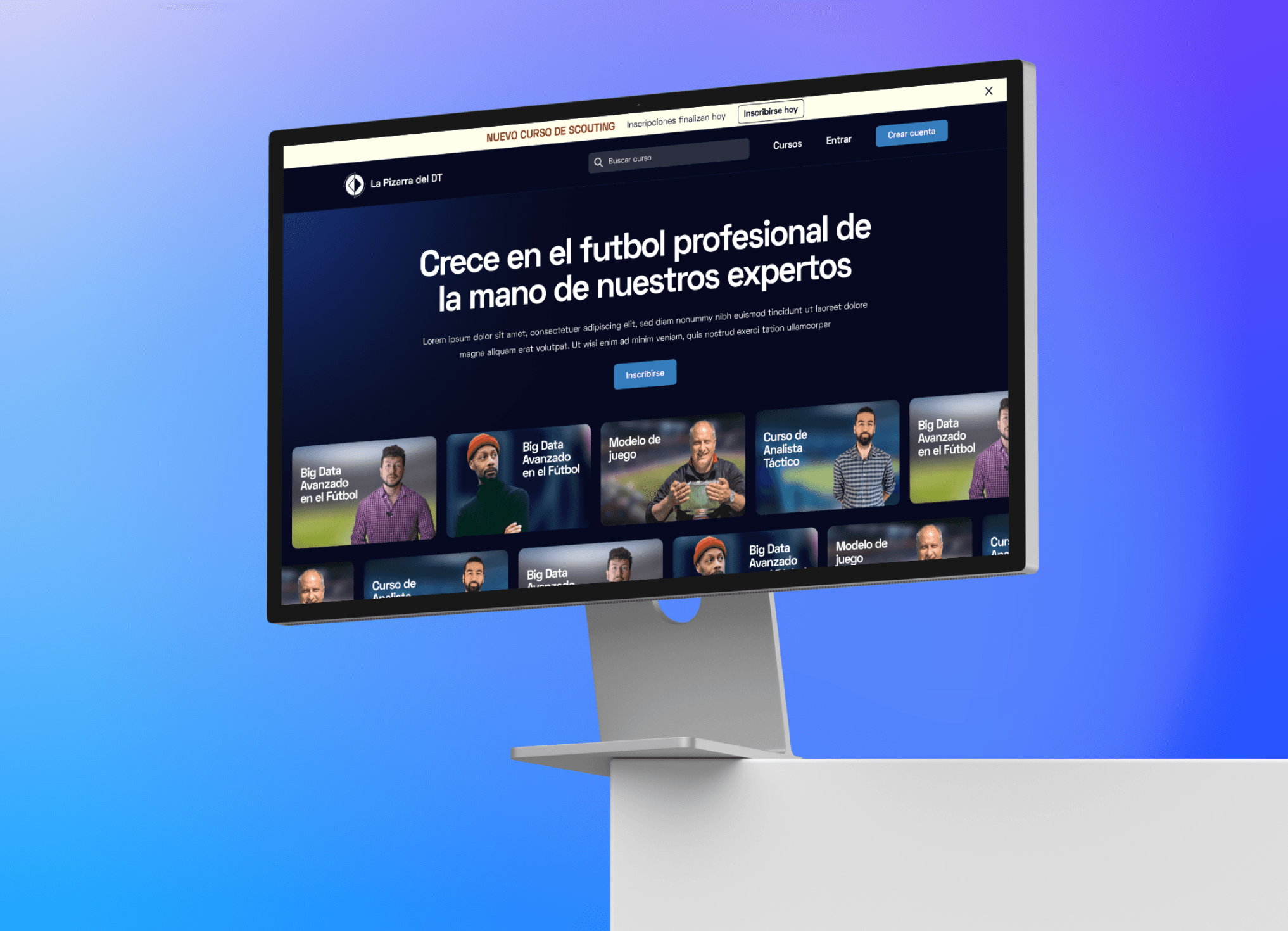
Curriculum Engine
Next-generation digital education course platform for US district school teachers: aligned with common standards
Overview
Curriculum Engine is a powerful education app specifically designed for US district schools, offering tailored programs for states such as Georgia, California, Florida, North Carolina, and Texas. With its state-specific customization, including the Common Core State Standards (CCSS), this app ensures seamless course management and effective planning. Teachers can easily navigate and customize course materials to align with their school's curriculum standards, whether it's the CCSS or other state-specific requirements. By providing a comprehensive solution that incorporates the CCSS and state-specific standards, Curriculum Engine empowers teachers to deliver high-quality education that meets the rigorous standards set at both the national and state levels.
Deliverables
UX/UI Design:
Analysis of data
Analysis of data
Stakeholder interviews
Information Architecture
Low fidelity wireframes
High fidelity prototype
Usability tests
Problems
Teachers had navigational challenges and confusion while using the app, leading to inefficiency in their workflow
Users were facing difficulty in locating and identifying previously modified content, resulting in a lack of visibility and awareness of the changes made. ( No hierarchy)
Research suggested 45% of users are spending more than 5 hours a week curating their educational resources in general
Proposed Solutions
Establishing a clear hierarchy within the system
Organize items based on their relevance and ensure that Topics, Units, and Lessons were easily recognizable for users.
Avoid complex screens to reduce cognitive load and increase user satisfaction
Fewer options to see and focusing on what’s needed
Keep users informed about the progress and status of different tasks
Educators' Final Results
After some prototyping testing and enriched meetings with stakeholders and teachers, we found we had to step back a little in order to move on the right path. At this step we simplified a little more the UX structure of the app, having as a result that the “Assignments” were the main part of the app, and the course would be as the workbook.
In other words it became a 2 tab model, were the assignments would be the place were the teacher send out activities to students, for the course tab we ended up creating the same approach as the wireframes made before were the teacher can see the workbook and create assignments to be published on the assignments tab.
Final results
Based on usability testing conducted with a group of teachers from Florida and Georgia (5 participants), we successfully improved the task completion for the identified problem of managing the course
%
Was reduced from 8 clicks to 4 clicks. Going from class to a learning object
%
Was reduced from 5 clicks if user didn’t get lost to only 2 clicks
Users completed tasks of navigation to a learning object and also the creation of the assignment

